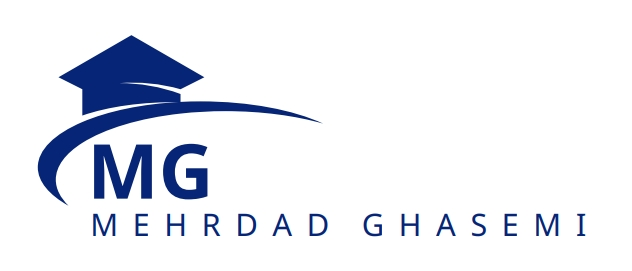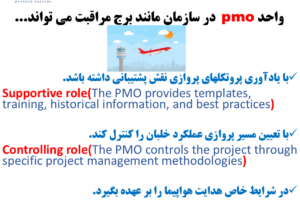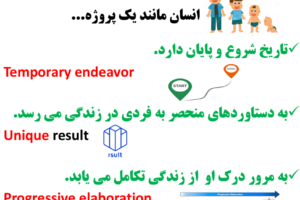
Understanding Project Management vs Task Management [Infographic]
When managing work and breaking it down into smaller chunks, we often come across two terms: project management and task management.
Knowing the difference helps us outline the big picture (project) and the individual steps needed to reach it (tasks), enabling better planning and management, as well as setting up workflows that are easy to follow.
Before we jump to the actual definitions of project and task management, let’s first look at the difference between a project and a task, shown in the infographic below.
The difference between projects and tasks

To recap:
Project: A project is a series of tasks combined to achieve a specific goal, with a start and an end point. Recognizing something as a project helps define its scope and boundaries.
Task: A task is a single action or step within a project, typically something that can be completed in one session.
For example, imagine you’re planning a grand dinner party, which represents a project. The entire endeavor, from conception to the final toast, involves various interconnected and dependent activities.
The “project” of the dinner party includes:
- Deciding on a theme
- Creating guest lists
- Menu planning
- Preparation and cooking of the dishes
- Setting up the dining area
- Managing the event on the day
Each of these elements consists of smaller, specific actions, or “tasks.” For example, the task of “menu planning” might involve:
- Choosing recipes
- Checking dietary restrictions
- Pairing beverages
Similarly, the task of “setting up the dining area” might include:
- Selecting the tableware
- Arranging the seating
- Decorating according to the theme
In this analogy:
- The project (dinner party) is the overarching goal requiring broad planning and coordination, incorporating various tasks that are often complex and interrelated.
- The tasks are like individual steps or pieces of the puzzle, each necessary and specific but focused on achieving the larger picture or end goal of the project.
This analogy shows how projects are composite of various tasks, each essential to accomplishing the ultimate objective.
Now, here’s a detailed description of how project management and task management compare.
Project management vs task management
Project management
Project management involves the comprehensive and holistic process of planning, organizing, executing, and closing a project. Essentially, it means overseeing every aspect of a project from its inception to its completion.
A project has clear objectives, deliverables, and timelines, and often lasts for more than 160 hours. Project management emphasizes strategic planning, resource allocation, risk management, and effective communication to ensure that project goals are successfully achieved.
The components of project management are:
- Goal setting: Clearly defining the objectives, milestones, and success criteria of the project.
- Planning: Developing detailed plans outlining tasks, timelines, dependencies, and required resources.
- Execution: Implementing the project plan, coordinating activities, and managing resources to accomplish project objectives.
- Monitoring and control: Project progress is closely monitored, deviations from the plan are identified, and corrective actions are implemented as necessary.
- Closure: Once the project is completed, there is a formalization of its closure, including assessing outcomes and documenting lessons learned for future endeavors.
Task management
On the other hand, task management focuses on organizing and executing individual tasks within a project or daily workflow. It involves breaking down larger goals or projects into smaller, manageable tasks, prioritizing them, assigning responsibilities, and tracking their progress. The aim of task management is to enhance productivity (output), streamline workflows, and ensure the timely completion of activities.
Key components of task management include:
- Task identification: Identifying and listing all the individual tasks required to achieve project objectives or personal goals.
- Prioritization: Assessing the importance and urgency of tasks to determine the order of execution.
- Assignment: Tasks are assigned to team members or oneself, with clear responsibilities and expectations outlined.
- Tracking: Monitoring the status of tasks, including their progress, deadlines, and any dependencies.
- Collaboration: Facilitating communication and collaboration among team members, sharing updates, and resolving obstacles to task completion.
While project management and task management share common goals of organization and efficiency, they differ in scope and focus. Project management addresses the entire lifecycle of a project, while task management concentrates on managing individual tasks within a project or workflow. Project management involves strategic planning and resource allocation at a broader level, whereas task management deals with the execution and tracking of specific activities.
Both project management and task management are essential for achieving success in various endeavors. Effective project management ensures that projects are delivered on time, within budget, and according to specifications, minimizing risks and maximizing efficiency. Meanwhile, efficient task management enhances productivity, reduces procrastination, and fosters accountability among team members, leading to the timely completion of tasks and goals.
In conclusion, project management and task management are complementary disciplines that contribute to organizational success and individual productivity. By understanding the distinctions between them and leveraging both approaches effectively, individuals and teams can navigate complex projects and workflows with clarity and efficiency.






